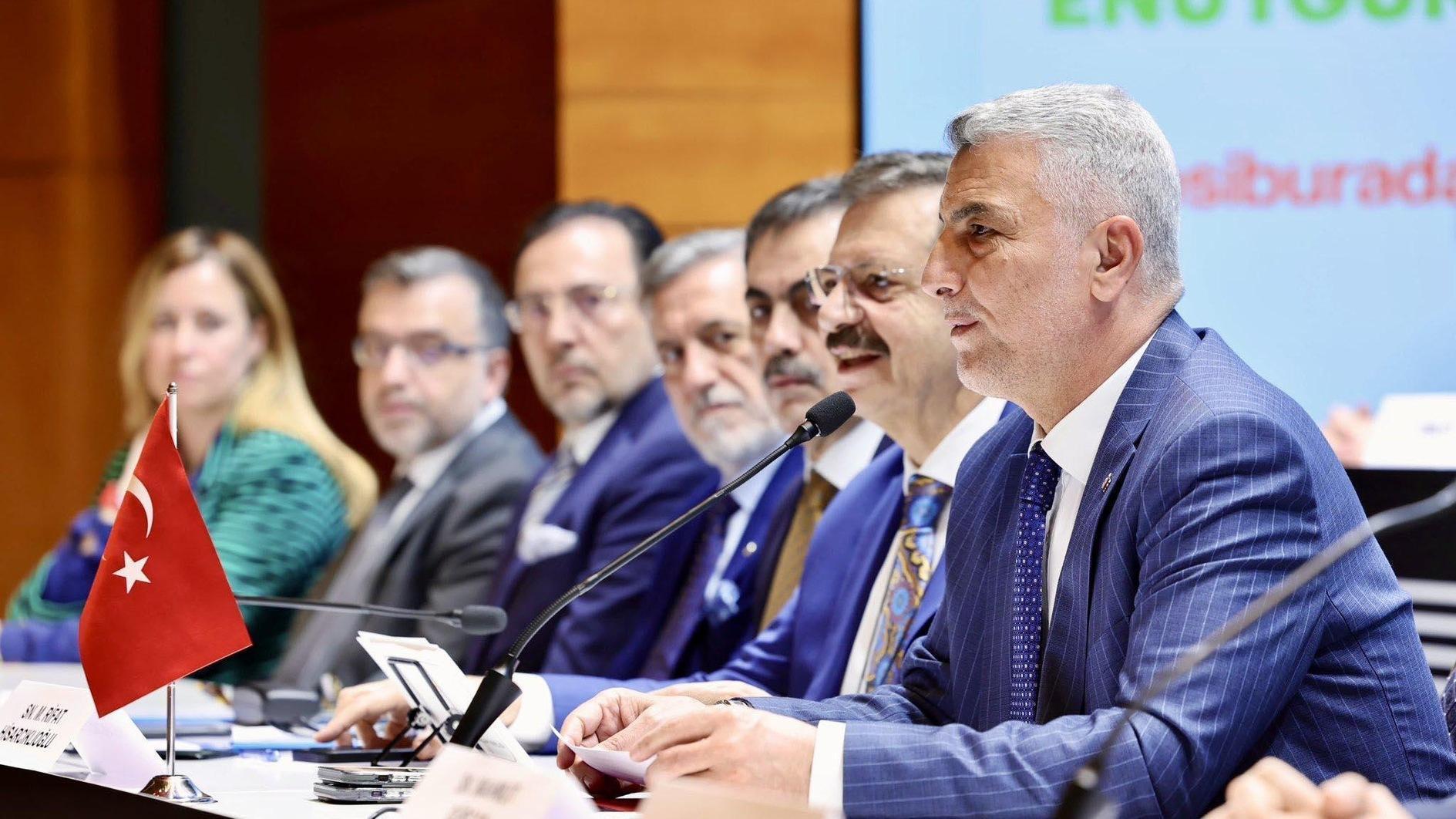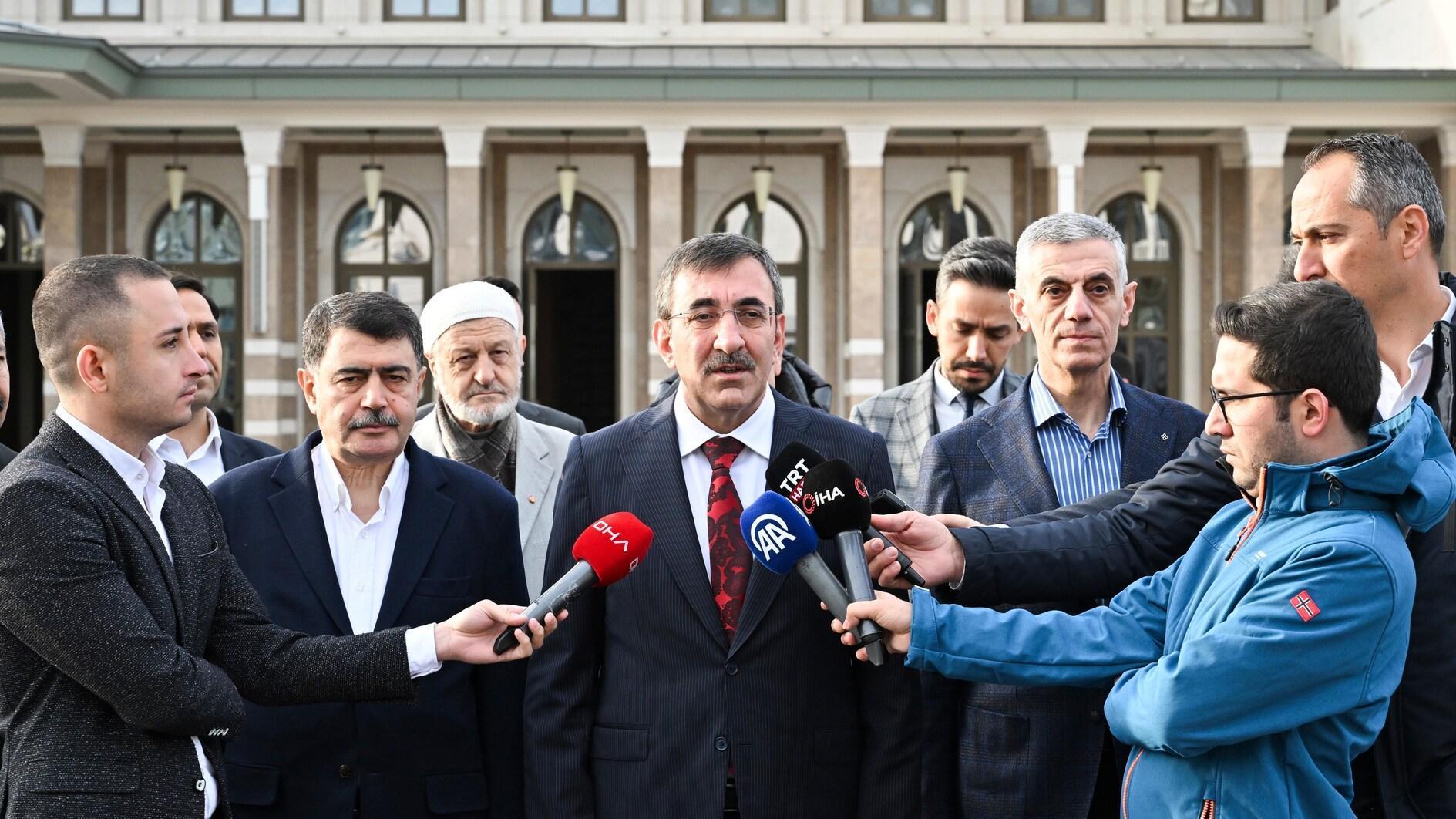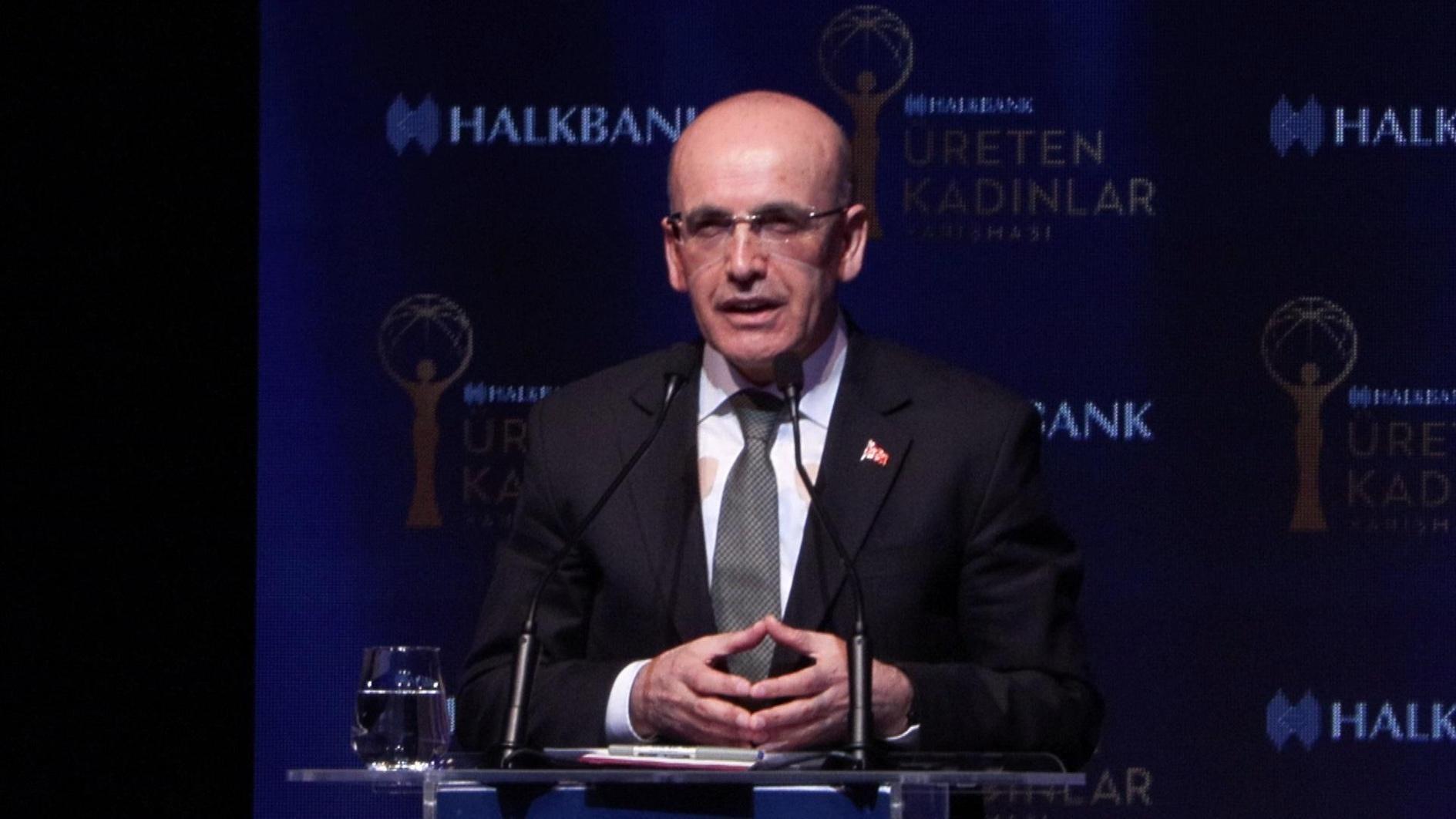Is Syria behind the Gaziantep attack?
The usual suspect for a terrorist attack like the one that occurred in Gaziantep late Monday has always been – naturally – the outlawed Kurdistan Workers’ Party (PKK), one of the world’s most brutal terrorist organizations, which has claimed the lives of thousands since the early 1980s. But this time Syria and its deep state, including its intelligence service, is also counted as a potential perpetrator of an attack that killed nine civilians and wounded more than a dozen.
This hypothesis not only belongs to us. Hüseyin Çelik a deputy leader of the ruling Justice and Development Party (AKP) and Şamil Tayyar an AKP deputy from Gaziantep have also drawn attention to such a possibility on the grounds of bitter relations between Ankara and Damascus over the Syrian people rising up to demand democratization.
Foreign Minister Ahmet Davutoğlu has cautiously joined them and drew attention to idea that both the PKK and the Syrian administration share similar world views based on the fact that both have chosen violence as a method for their political purposes.
There was no evidence of Syrian involvement in the terrorist attacks that occurred late Monday as of late Tuesday. But the connection between the rise in PKK attacks inside Turkey and the Turkish government’s heavy engagement in Syria is undeniable. In the last two months the PKK has intensified its attacks against all sorts of targets, including kidnapping a lawmaker, launching attacks in western parts of the country, targeting civilians in different towns and more.
That was the reason why the pro-Kurdish Peace and Democracy Party (BDP) urged the government to review its Syria policy, an obvious hint that the attack could have been carried out by some Syria-affiliated groups.
Though we have no concrete information on the extent of the cooperation between the PKK and Syria, it would be a surprise to all of us to see a full detachment between the two. Nearly one third of PKK members are of Syrian origin, a country which has had traditional relations with the organization since the late 1980s.
Turkey’s leadership in international efforts to topple the Bashar al-Assad regime has obviously caused the opening of Pandora’s Box in the Middle East. The current picture tells us nothing, but a more unstable Middle East provides the best conditions for a terrorist organization to spread out its acts. And Turkey, unfortunately, is amongst the architects of this shape with its short sighted policies.
This policy of the government made Turkish citizens, both inside and outside Middle Eastern countries, feel less secure. Turkish citizens are being kidnapped in the streets of Lebanon or are killed by bombs in the streets of Gaziantep. In full respect to the government’s policy placing humanitarian concerns at the core of its policies, this is our responsibility to urge the government to revise its Syrian policy. Because as long as this policy creates more vulnerability against Turkey and its people, it will also weaken the government’s hands in coordinating the transition process in Syria and its regional influence. Turkey should not allow its regional rivals to benefit from its weaknesses.











